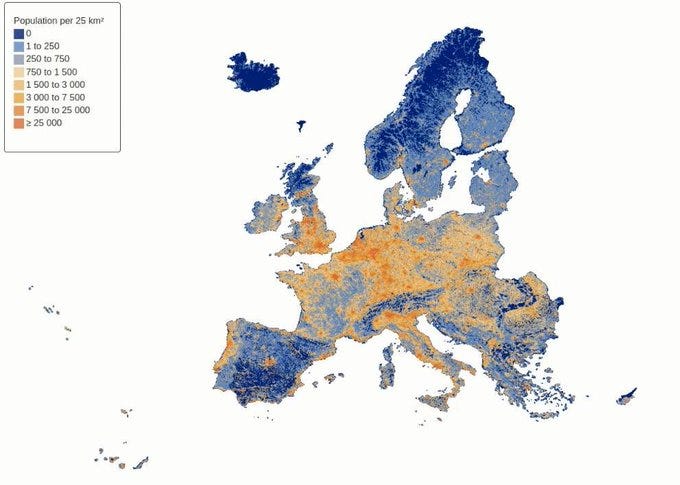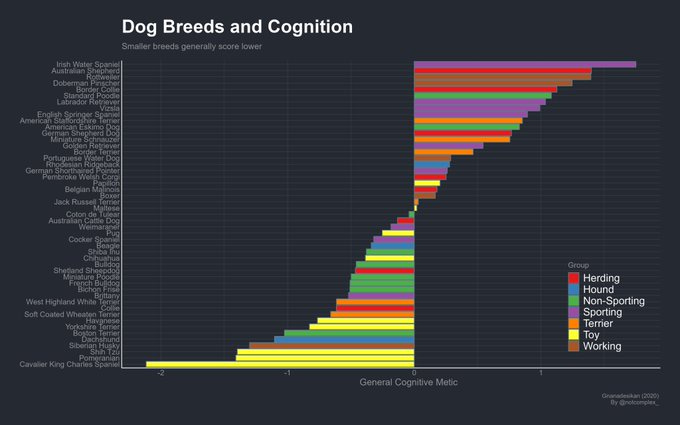Here are some things that crossed my desk this past week that are worth sharing, apologies for any paywalls:
The New Yorker: Vaclav Smil and the Value of Doubt: A ruthless dissector of unwarranted assumptions takes on environmental catastrophists and techno-optimists.
The Chronicle of Higher Education: Patrick Brown has an excellent essay, Does High-Profile Climate Science Tell the Full Story? Social feedbacks and career incentives cause scientists to leave out a lot
From peer-reviewed research:
Jonkman et al. 2024: Floods have become less deadly: an analysis of global flood fatalities 1975–2022
Kimmel et al. 2023: Empirical evidence of widespread exaggeration bias and selective reporting in ecology
Cardou and Vellend 2023: Stealth advocacy in ecology and conservation biology
Dries et al. 2024: When evidence changes: Communicating uncertainty protects against a loss of trust
A new Swiss Re report acknowledges that any signal of climate change is not yet discernible in insured loss trends, but remains a risk for the future.
John Kerry with a quote for the ages:
“Nothing that we are doing, nothing that President Biden has sought to do, has any political motivation or ideological rationale. It’s entirely a reaction to science, to the mathematics and physics that explain what is happening [to the climate]”
Jim Skea, newly-elected head of the IPCC, cautiously warning us about extreme scenarios that still dominate climate research and policy — slow progress, but progress nonetheless:
"I should say that the high and very high scenarios are now less probable"
The International Science Council has just published a report on Protecting Science in Times of Crisis.
Do you like podcasts and science policy? You are in luck — the Science Advice Mechanism to the European Commission has an excellent podcast. It’s most recent episode is with Patricia Gruber, science and technology advisor to U.S. Secretary of Stat Tony Blinken.
Another interesting podcast, a discission with Allison Young, author of Pandora’s Gamble: Lab Leaks, Pandemics, and a World at Risk, on the history of biosafety, and its shortfall.
Just published: The Final Report of the Commission on the State of U.S. Olympics and Paralympics.
Recommended Substacks:
Via AEI: Why Do American Universities Lean So Far to the Left?
Via Robert Bryce, a new five-part series on energy, Juice: The Series, trailer below:
And finally, two charts that piqued my interest:


Thanks for reading! Comments on any of the above, or really anything else are welcomed. THB is reader engaged and reader supported, so thanks for your support! Have a great weekend.





I loved this. Could you do this more often. The combination of short/long editorial along with podcasts is very helpful. Thank you.
Thanks for the list!
I *think* that there's a problem with the link for "Cardou and Vellend 2023: Stealth advocacy in ecology and conservation biology" (blank page opens for me).